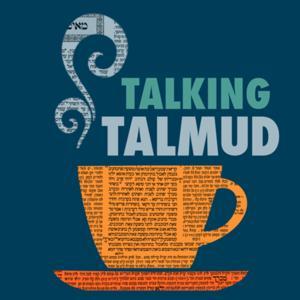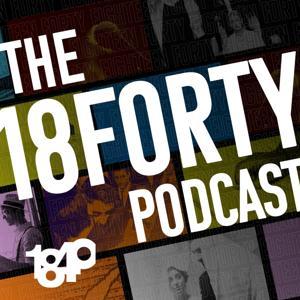The hide of burnt offerings is given to the kohanim, as stated in Vayikra 7:8. However, the Mishna explains that if the offering became disqualified before the blood was sprinkled, the kohanim do not receive the hide. If it was sacrificed for the sake of a different type of offering, since the sacrifice remains valid, the hide is given to the kohanim.
In addition to burnt offerings, the kohanim also receive the hides of all kodshei kodashim, such as guilt and sin offerings. This is derived through a kal va'chomer argument in the Mishna, but later a braita brings different opinions of how to derive this.
A braita records a debate between two tannaim regarding the phrase "the burnt offering of a man" in the verse that grants the kohen rights to the hide. One opinion says it excludes a burnt offering of hekdesh, property belonging to the Temple, while the other says it excludes the burnt offering of a convert. Three explanations are offered for what is meant by a burnt offering of hekdesh, and one explanation is given for the case of a convert, since a convert is certainly considered a "person."
The three explanations of hekdesh are: a burnt offering brought from leftover funds of an offering; one who consecrates an offering for bedek habayit, the maintenance of the Temple; and one who consecrates all of their property, among which there were animals.
The exemption regarding a convert refers to a case where the convert designated a burnt offering and then died without heirs. Since the sacrifice is ownerless, it does not qualify as a "burnt offering of a man."
A braita is cited to explain the derivation of the laws in the Mishna. Although the verse says "man," the offerings of women and slaves are included as well, as is derived from a phrase in the verse. It also records a debate about how kodshei kodashim are included and kodashim kalim excluded from this law - whether it is learned from a kal va'chomer, from a verse, or whether no derivation is needed at all, since the hide always follows the meat, and the meat of other kodshei kodashim goes to the kohen.
The Mishna concludes that the determining factor for whether the hide goes to the kohen in a case where the meat was disqualified is whether the hide was still attached at the moment of disqualification.




































